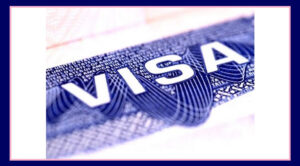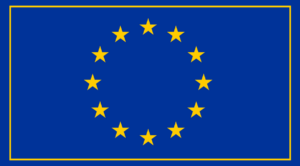Croatia is a great choice for digital nomads who want to work while enjoying some of the most beautiful beaches in Europe.
The country now offers a Digital Nomad Visa, allowing eligible people to live and work remotely in Croatia for up to one year.
Work Remotely from Croatia: Digital Nomad Visa Launched
Croatia’s Digital Nomad Visa acts as a temporary residence permit, not a regular visa. It is meant for non-EU/EEA/Swiss citizens who work remotely and are not tied to a specific location.
The permit is initially valid for six months to one year.
Earlier, the stay was limited to 18 months. But from March 2025, updates to Croatia’s Aliens Act now allow non-EU digital nomads to stay for up to three years, depending on future rules.
Who Can Apply? – Eligibility Criteria
To qualify for the visa, you must:
- Show proof of remote work (job contract or agreement).
- Register a business if you’re self-employed.
- Earn at least €3,295 per month (approx. ₹3,34,215).
- Have private health insurance covering your entire stay.
- Have a clean criminal record from your home country.
- Provide proof of accommodation in Croatia.
Hold a passport valid for at least three months beyond your planned stay.
How to Apply
Prepare your documents in both English and Croatian. You can apply online, through a Croatian embassy, or in person at a local police station in Croatia.
Visa Fees – What You’ll Pay
The cost depends on where you apply from:
If Applying from Outside Croatia (via a consulate):
- Temporary stay: €55.74 (approx. ₹5,653)
- Long-term visa: €93 (approx. ₹9,433)
If Applying Inside Croatia:
- Temporary stay: €46.45 (approx. ₹4,711)
- Admin fee for biometric card: €9.29 (approx. ₹942)
- Biometric residence card: €31.85 (approx. ₹3,230)
- Optional fast-tracking for card: €59.73 (approx. ₹6,058)
After Your Visa Is Approved
You must register your temporary address in Croatia:
- Within 30 days or six months, depending on your visa.
- If you enter Croatia immediately, you must register your address within 3 days.
After this, you’ll need to collect your biometric residence card in person. This requires:
- Providing a photo and fingerprints
- Paying the required fees again.
























